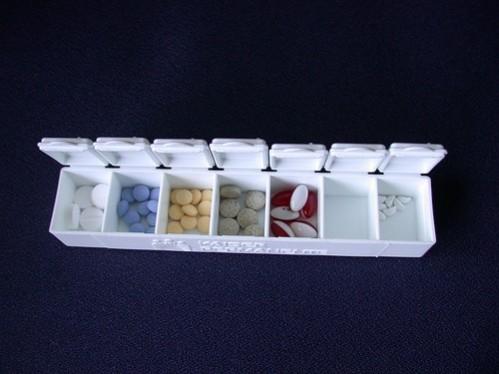
A new study shed light on the devastating effects of medicinal drugs.
A team of British researchers found that certain commonly used medicines contained high levels of salt and can put the patient at greater risk of suffering from cardiovascular problems, including heart attack and stroke.
For the analysis, researchers from the University of Dundee and University College London in the UK looked at 1.2 million patients and studied them for seven years. The participants were divided according to the type of medication they were taking. Some reported taking medicines containing sodium daily, while another group took only sodium-free medications.
Dr Jacob George, who led the study, collected information about the health status, particularly cardiovascular events among the patients. Body mass index, chronic illness, drinking and smoking habit of the participants were also taken into consideration.
At the end of the study, researchers found that salt levels in some medicines were so high that a single dose of them was enough to cross the recommended daily limits for sodium.
Daily dose of sodium containing medications was associated with a 16 percent greater risk of suffering from deadly diseases, including strokes, heart attack and vascular death. The study published in the British Medical Journal, thus cited a sevenfold risk of high blood pressure and a 28 percent higher risk of death associated with sodium-containing drugs.
Concerned with the findings, the authors urged concerned authorities to introduce new rules that force drug companies to include salt levels while labelling their medicines.
"Exposure to sodium-containing formulations of effervescent, dispersible, and soluble medicines was associated with significantly increased odds of adverse cardiovascular events compared with standard formulations of those same drugs," the authors wrote, while concluding their study. "Sodium-containing formulations should be prescribed with caution only if the perceived benefits outweigh these risks."
The daily intake of salt recommended for adults aged 50 and below is less than 2,300 mg and 1,500 mg for aged people above 51 years. High salt intake has long been linked to the development of high blood pressure. According to the American Heart Association, excess salt in the body leads to excess accumulation of water in the body, thus increasing burden on the heart. Apart from that, regular consumption of a high-sodium diet can increase the risk of many diseases, including strokes, heart failure, stomach cancer and kidney diseases.














